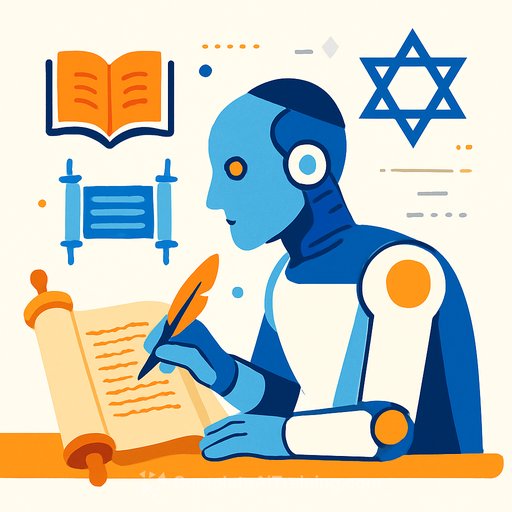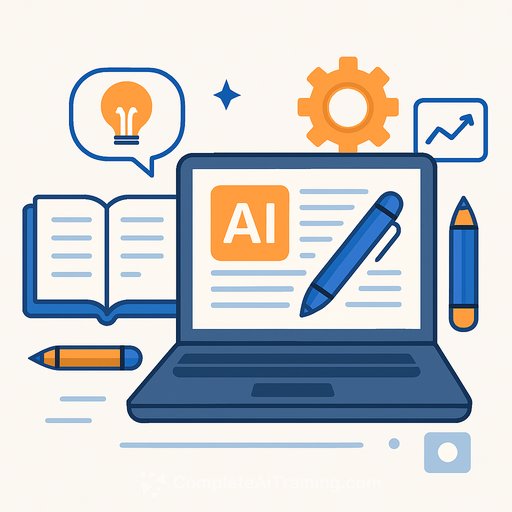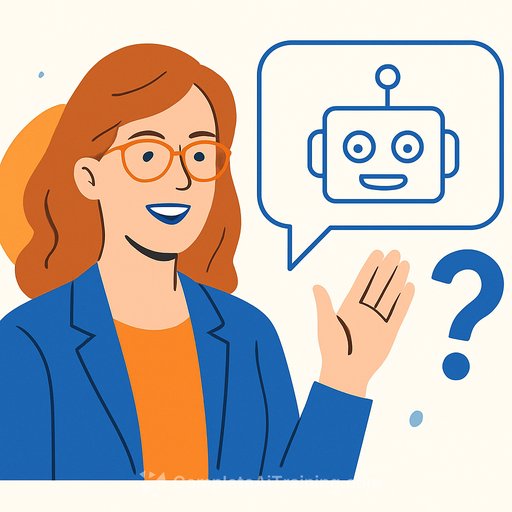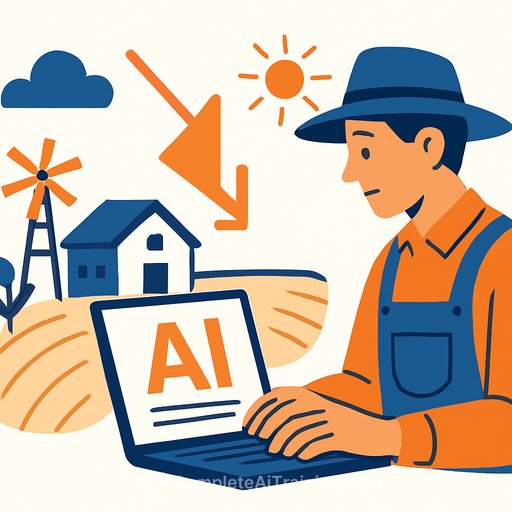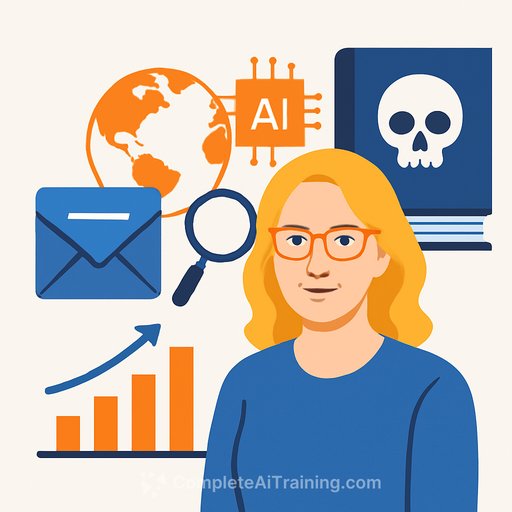The Role of AI in Torah Study
AI tools are becoming a common part of daily life. Teachers use AI to create quizzes, students rely on it to complete them, and then teachers use AI again to grade the results. This cycle can give the illusion of productivity, yet often leads to little real learning. While this system may seem efficient, it isn’t necessarily beneficial.
On the flip side, AI offers many legitimate benefits. For example, if a teacher creates a test, why not use AI to review it for typos or suggest improvements? Similarly, if grammar isn’t the focus of an assignment, students could use AI to polish their writing, making their ideas clearer. Automating grading also frees up time to focus on teaching. The key question is how and when AI should be used.
The same considerations apply to AI’s role in crafting a devar Torah. AI can generate fresh ideas and help organize thoughts effectively. However, relying entirely on AI to create original Torah insights raises several concerns.
AI Is Still Limited
Despite its advances, AI often produces content that seems polished but lacks depth. It can mimic the form of meaningful writing without truly capturing the substance. Think of it like a beautifully decorated cake that’s hollow inside. The bigger question is what happens if AI eventually produces ideas indistinguishable from human thought. That possibility challenges how we value originality and authenticity.
Ethical Concerns
When people read your essay or hear your talk, they trust that you’re sharing your own reflections and insights. Offering them AI-generated content without disclosure is misleading and can be seen as geneivat daat, or “stealing understanding.” Even if you disclose the use of AI, can the resulting content truly be considered a legitimate devar Torah? This remains a complex issue.
Torah as Divine Wisdom
Torah study is more than intellectual exercise; it’s a connection with divine wisdom. Through learning, we become partners in extending this wisdom, experiencing a unity unique to human and divine interaction. This process depends on our human nature, something a computer cannot replicate. A string of words generated by AI lacks the spiritual essence that transforms text into Torah.
In conclusion, AI can be a useful tool to support Torah study and help formulate ideas. But a Torah thought created by AI is not Torah itself. Passing it off as such does a disservice both to the tradition and to those who seek genuine insight.
For those interested in exploring AI’s practical uses, including writing assistance and automation, consider checking out resources like Complete AI Training’s latest AI courses. These can help you learn how to integrate AI thoughtfully without compromising authenticity.
Your membership also unlocks:

